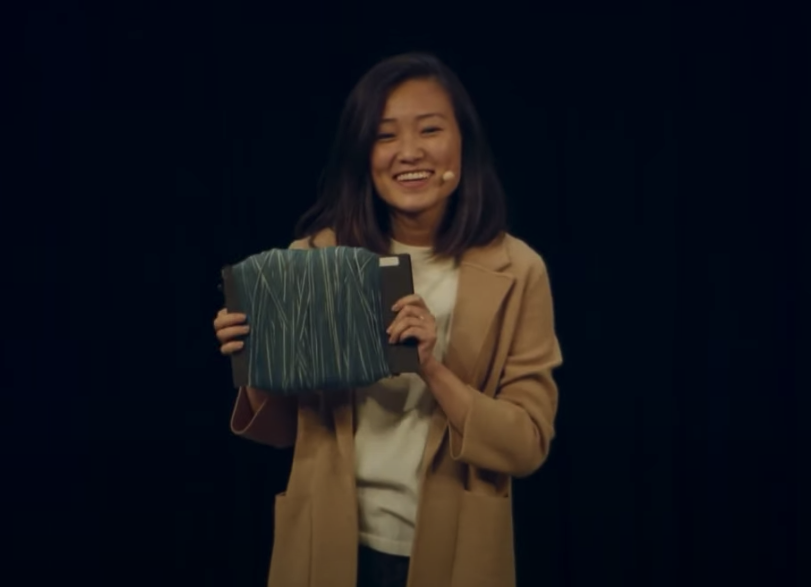Generating microbially-produced indigo dye at industrial scale
Huue uses biotechnology to create sustainable dyes.
One of the most iconic items of clothing — denim jeans — are currently made with indigo dye that requires toxic chemicals and petroleum derivatives. A technology developed by Huue aims to create a new eco-friendly standard in the denim industry by producing indigo dye through microbial biosynthesis.
Huue reached out to ABPDU in February 2019 with an immediate goal of producing enough biosynthetic indigo dye to use on an industrial dye machine. As an early-stage company participating in an incubator program, Huue hoped to generate prototypes for a demo day scheduled for the end of June.
“ABPDU has a great track record with startups in the area,” said Tammy Hsu, Huue’s co-founder. “It’s convenient to have a scale-up facility right in our backyard, especially one that understands the struggles of early stage companies.”
ABPDU was faced with the daunting task of contracting the project, scaling up the process to 300 liters, developing downstream processes and purifying the product — all within three months. Berkeley Lab’s contracting staff worked tirelessly to deliver a Strategic Partnership Project (SPP) contract to Huue by the end of March.
By April 8th, ABPDU had invoiced Huue, purchased materials, and prepared batch records. ABPDU initiated the project on April 9th, six weeks after initial contact with Huue.
The ABPDU team then put in extraordinary effort to generate and purify the indigo dye. The team delivered the final product to Huue by May 30th, in just about 14 weeks from initial contact. They were able to generate enough product to dye a cotton yarn, the basic component of denim fabric, by June 17th — allowing Huue to showcase the prototype at IndieBio’s Demo Day on June 25th.

“As an IndieBio cohort company, we wanted to push ourselves to produce a proof of concept for our technology by the end of the program,” Hsu said. “Because of ABPDU’s hard work and dedication, we were able to rapidly develop and scale up our process from the bench scale. We made enough indigo dye to run through pilot-scale industrial dyeing equipment and generate blue denim yarn, all in time for Demo Day.”